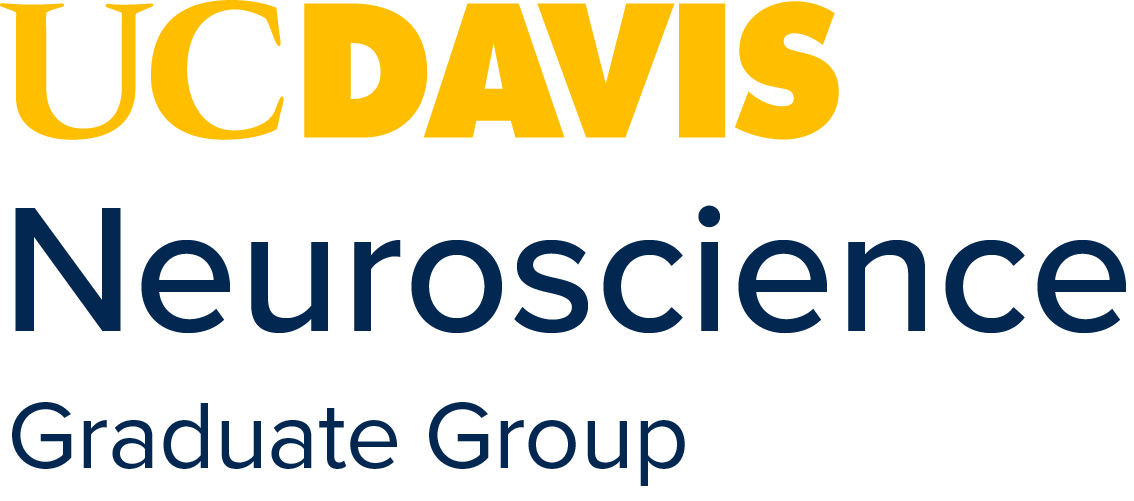A question that comes up in any graduate program is what to do when a Ph.D. student is considering changing Major Professor and lab. Such a change might be warranted or necessary for a variety of reasons. For example, departure of a Major Professor from UC Davis, challenging mentor-mentee relationship or lab environment, poor of fit with training opportunities, or change in research or career interests. This document provides some information on the process. Graduate Studies has additional resources regarding mentor-mentee relationships and navigating a Major Professor change.
- Meet with your Graduate Advisor: There are a lot of different reasons why students might be considering a change in lab. No matter what, your Graduate Advisor is a great resource for discussing the situation/motivation and possible next steps. This discussion will cover strategies for addressing improving the situation as well as logistics regarding Major Professor/lab change. Note that Advisors can speak with you privately, subject only to mandatory reporting rules that surround issues of harassment and discrimination, and will not share your information with your PI or anyone else without your permission. The earlier on you communicate the situation with the Graduate Advisor, the more options there will be for you.
- Things to consider:
- Timing: There is a practical difference between changing Major Professors at different stages of the graduate program. Later stage graduate students may be able to find an alternative to formally changing Major Professor to avoid major delay in graduating. Switching Major Professors before the qualifying exam may have much less impact on dissertation progress, as it is generally easier to switch earlier on in training. The specific situation should inform this decision.
- Identifying a new Major Professor/lab: Some students may already have identified an alternate Neuroscience Graduate Group faculty member and even have an agreement for joining in place. Other students may not have a plan or may wish to discuss options with the Graduate Advisor before contacting potential new Major Professors. If, after discussing with the Graduate Advisor, a student wishes to change labs, the Graduate Advisor will assist with identifying possible placements and setting up potential rotations if needed.
- Financial support: If there will be a break in funding while switching labs (e.g. during rotations with potential new Major Professors), the Graduate Advisor can help with a plan. While the Neuroscience Graduate Group does not have funds to specifically cover stipend or tuition during a period between labs, generally there are solid options to avoid break in financial support. The most common option is taking on a TAship for a quarter during which students are in between labs (e.g. while doing rotations). The Neuroscience Graduate Group and Graduate Advisor offer full support making sure the student maintains stipend and tuition funding. Students should reach out to the Graduate Advisor before financial support is needed to ensure lead time necessary to set up a plan.
Summary: If you are considering changing labs, for any reason, do not hesitate to seek input, advice, and support to help figure out if this is the right path for you.
If you do not know who your faculty advisor is, please reach out to your Graduate coordinator, Linette Scibelli.
Reconstitution of Committee Membership Request form can be found on Gradsphere, under Legacy/PDF Academic Forms
